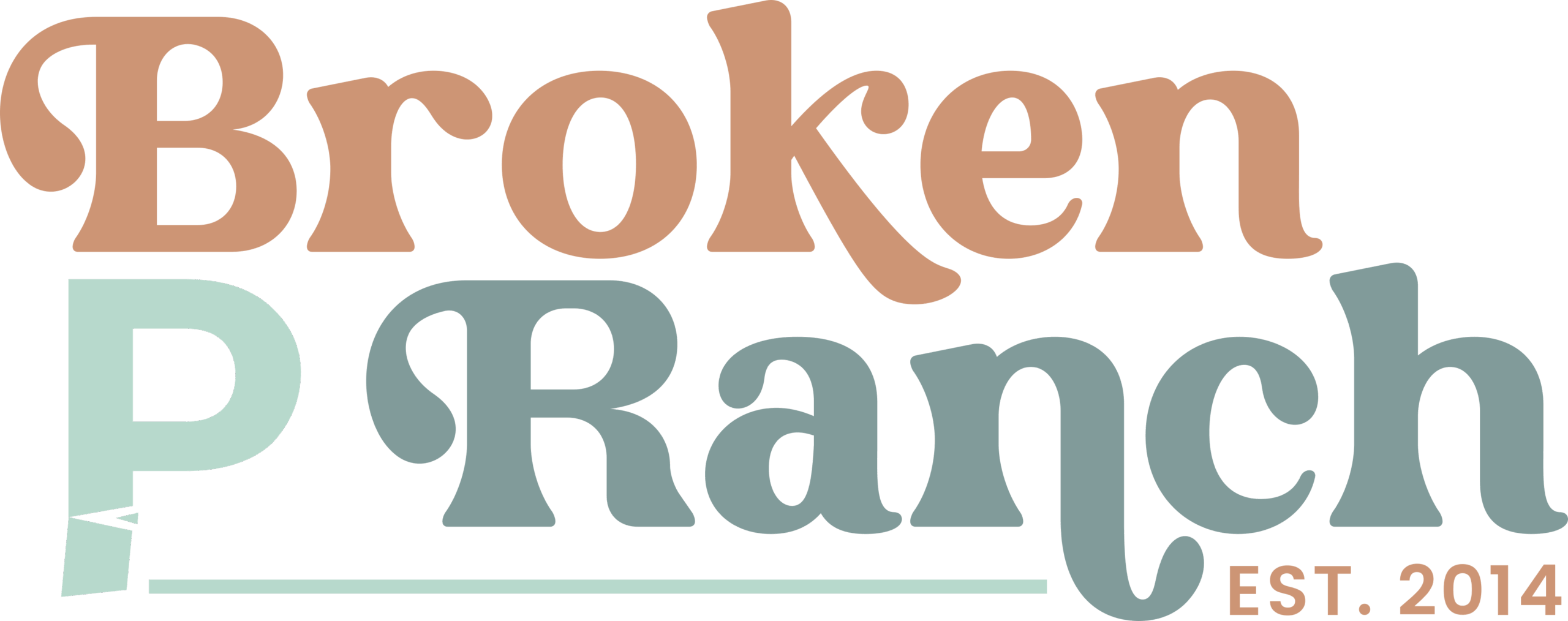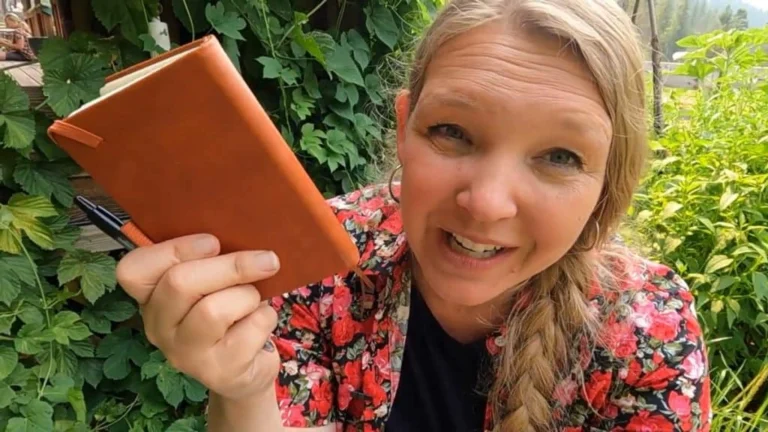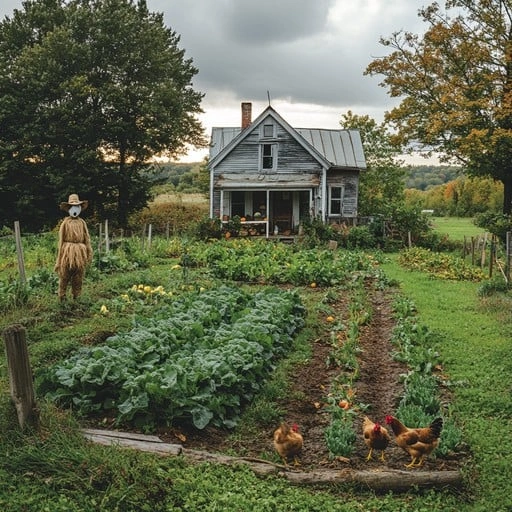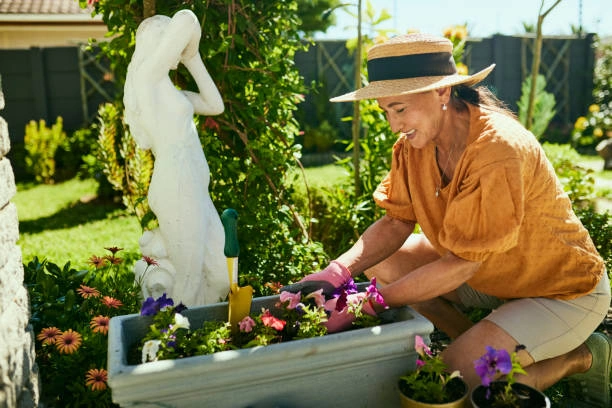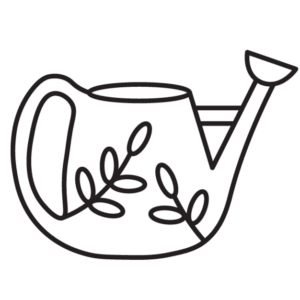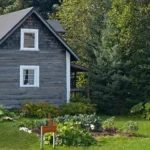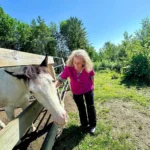Someone recently asked what my favorite season was.
It’s the kind of question that should be easy to answer, right? Most people have a preference—they’re either summer people who love the heat and long days, or fall people who go crazy for changing leaves, or winter people who find beauty in bare branches and snow.
But I couldn’t give a straight answer because I’ve realized something that might sound obvious but has taken me years to really understand: I don’t want to pick a favorite season.
Each season brings exactly what I need when I need it, and trying to choose between them feels like trying to choose between breathing in and breathing out. They’re all part of the same essential cycle, and they’re all necessary for the kind of life I want to live.
This probably sounds like a cop-out answer, but hear me out.
Spring arrives when I’m desperate for hope after a long Wyoming winter. When I’m sick of feeding hay to animals who look as tired of winter as I feel, when I’m ready to quit buying expensive vegetables at the store, when I need tangible evidence that things can change and grow and become beautiful again.
Spring gives me exactly that: the promise that dormancy isn’t permanent and that patient work will be rewarded.
I love the way spring demands optimism. You have to believe that the seeds you plant will grow, that the weather will cooperate enough to give them a chance, that your plans and preparations will pay off. You have to act on faith because you can’t see the results yet.
Spring teaches me to hope when hope requires courage.
But by the time summer arrives, I’m ready for a different kind of satisfaction. I’m ready for the payoff of spring’s faith. I want to see tangible results, to harvest actual food, to feel like all that planting and planning and nurturing has produced something real.
Summer gives me abundance and the satisfaction of plans fulfilled.
I love summer’s generosity, the way it overwhelms you with tomatoes and zucchini and more eggs than you know what to do with. I love how it rewards hard work with obvious results, how it makes you feel competent and successful and connected to the natural world.
Summer teaches me that good work produces good results, even if it takes time to see them.
By fall, I’m ready for a different kind of work. The frantic productivity of summer has worn me out, and I’m ready for the more contemplative tasks of preservation and preparation. I want to slow down, take stock, and get ready for the quiet months ahead.
Fall gives me the satisfaction of securing abundance for the future.
I love fall’s combination of celebration and preparation. You get to enjoy the harvest while also working to preserve it. You get to feel grateful for what you’ve accomplished while also planning for what’s ahead. It’s the season of both satisfaction and responsibility.
Fall teaches me that true security comes from preparing well during times of abundance.
And winter? By the time winter arrives, I’m actually ready for rest. I’m ready to slow down, to focus on indoor projects, to spend more time reading and thinking and planning. I’m ready for the forced pause that winter provides.
Winter gives me permission to stop producing and start reflecting.
I love how winter strips everything down to essentials. You can’t garden, so you focus on other things. Animals need more care, but in simpler ways. Life becomes more basic, more focused on survival and comfort rather than growth and productivity.
Winter teaches me that rest isn’t laziness—it’s preparation for the next cycle of growth.
Here’s what I’ve realized: each season teaches me something I can’t learn from the others, and they’re all necessary for a complete understanding of how life works.
Spring teaches faith and hope. Summer teaches the rewards of hard work. Fall teaches gratitude and preparation. Winter teaches rest and reflection.
If I had to live in my “favorite” season year-round, I would miss out on three-quarters of what seasonal living has to teach me.
This is one of the reasons I love living in a place with distinct seasons, even though Wyoming’s seasons can be brutal. The forced changes keep me from getting stuck in any one mode of being. Just when I’m getting too comfortable with summer’s abundance, fall arrives to remind me that nothing lasts forever and I need to prepare. Just when winter’s rest starts to feel like stagnation, spring shows up to demand action and faith.
The transitions are just as important as the seasons themselves.
I think people who live in climates without distinct seasons miss something essential about the rhythm of life. Not because those places aren’t beautiful or don’t have their own advantages, but because seasonal change teaches you things about impermanence, preparation, and the value of different kinds of work that you can’t learn any other way.
Seasonal living makes you a student of cycles, and cycles are how life actually works.
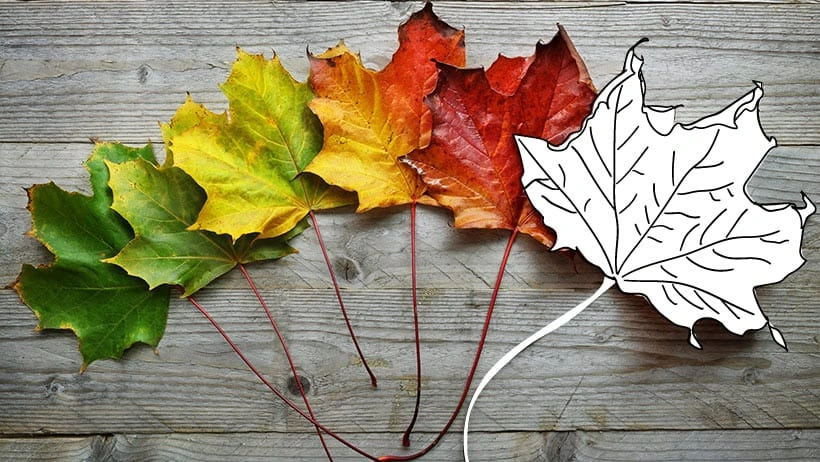
It teaches you that there are times for planting and times for harvesting, times for working hard and times for resting, times for faith and times for action. It teaches you that what seems like ending is often actually preparation for beginning.
It teaches you to work with natural rhythms instead of against them.
Modern life tries to eliminate seasonal variation. We heat and cool our houses to the same temperature year-round, eat the same foods regardless of what’s in season, and maintain the same level of activity whether it’s January or July.
But I think we lose something important when we try to make every day the same.
Living seasonally has taught me that different times call for different approaches, different energies, different priorities. Trying to maintain summer’s productivity year-round leads to burnout. Trying to maintain winter’s restfulness year-round leads to stagnation.
The key is knowing what season you’re in and responding appropriately.
This applies to more than just weather seasons too. There are seasons in business, seasons in relationships, seasons in personal growth. Sometimes you’re in a planting season and need to focus on faith and preparation. Sometimes you’re in a harvest season and need to focus on productivity and results.
Knowing what season you’re in helps you make better decisions about how to spend your energy.
So no, I don’t have a favourite season. I have gratitude for the season I’m in and anticipation for the season that’s coming. I have appreciation for the particular lessons and gifts that each one brings.
I have acceptance that this too shall pass, and joy that something different is always on its way.
Right now, as I write this, we’re in the deep part of winter. The kind of winter that makes you forget that spring is possible, that makes you wonder if you’ll ever feel warm again. But I know that underneath the frozen ground, seeds are sleeping and waiting. I know that the days are already getting longer, even if the cold is getting deeper.
I know that this season has its own gifts, and I’m learning to receive them.
Embracing the season I’m in while anticipating the season that’s coming,
-Nichole
P.S. If you’re struggling with whatever season you’re in—literal or metaphorical—remember that seasons always change. What you’re experiencing now is temporary, and there are gifts available in every season if you’re willing to look for them.
